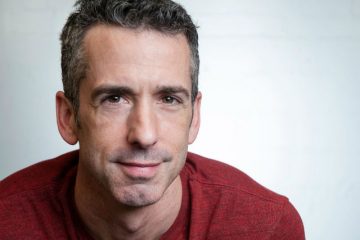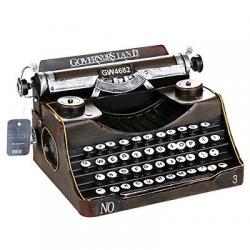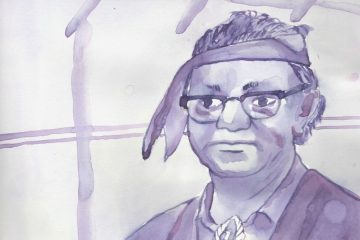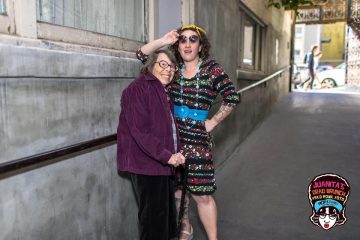LA Women’s March: SoCal Sisterhood Shows Up Big Ways to Support Political Change
Guest post by Breanna Reeves
Approximately one year into Donald Trump’s presidency, the 2nd annual Women’s March emphasized the importance of voting by encouraging attendees to take their power to the polls.
Los Angeles Mayor Eric Garcetti estimated that 500,000 attendees showed up in support of women’s rights, intersectionality and voter registration. Beginning at Pershing Square, a sea of young and old demonstrators came to participate in the march.
In the wake of social movements such as #MeToo and #TimesUp, women, men and children gathered around to cheer on speakers like actress Viola Davis and director Rob Reiner who called for action against sexual assault, racism, anti-immigration sentiments and a plethora of other issues that have plagued the country.
With the government currently shut down to devise funding measures, some speakers made it a point to criticize the way politicians have dealt with the Deferred Action for Childhood Arrivals and Children’s Health Insurance Program.
“I’m a nasty woman because I don’t believe that CHIP or DACA should be shut down in order for our government to run,” West Hollywood Councilmember Lindsey P. Horvath shouted to the crowd.
Since the Trump administration made the decision to dismantle DACA, DREAMers and allies have protested and resisted the decision. Many marchers attended the event to stand in solidarity with DACA recipients and support education in America.
Priscilla Gallegos is a Los Angeles native who attended the march with her 12-year-old daughter. Gallegos said she attended the march to show her daughter the importance of fighting for her rights.
“She’s third generation and for me it’s more about building her future and making sure that she’s in a country that will allow her to fulfill her dreams and that means standing up for women’s rights, standing up for minorities, and fighting for DACA,” Gallegos said. “We need it. The people who come here with DACA permits, they’re the future of our country. They’re not here to do anything, but lift this country, get degrees and do great things.”
This year’s women’s march theme, Power to the Polls, appears to be more relevant than ever as politicians across the US made history last year including Danica Roem of Virginia who is the first openly transgender candidate to the Virginia House of Delegates.
During the opening rally Compton Mayor Aja Brown reminded everyone that “every vote, every voice” matters.
“Times up for representatives that don’t represent us,” Brown said. “For those who don’t vote, who told you your vote doesn’t count?”
“I’m a nasty woman at the ballot box” was one of the many witty signs that stood out in the crowd including multiple decorative poster boards that said “Grab them by the midterms” and one sign held by Los Angeles resident Aaron Klein that read, “My wife is pissed.”
“As an ally to women I want to just show my support for my wife and I want to do it in a way that’s going to get people’s attention,” Klein said. “I thought [this sign] was an appropriate way to say that.”
Among the hundreds of thousands of attendees were men who came to support their wives, sisters, mothers and friends while also educating themselves on women’s issues.
Gurbeer Chaudhry explained that he attended the women’s march last year and was surprised to learn about the discrimination women face at all levels.
“Last year when I came, I was actually shocked because I never realized how women are suffering in different areas, like the pay thing, I never thought it was actually real,” Chaudhry commented, referencing the gender gap in America. On average, women make 80 cents to every dollar earned by a man, according to the Institute for Women’s Policy Research.
The women’s march has proven to shed light on a variety of inequalities women face while also promoting intersectionality. Many speakers insisted that social movements and progress only work if people show up for one another and continue to work.
“Los Angeles, I want to talk to you about the work. It’s not about the work you do today, but tomorrow,” said Nourbese Flint, Policy Director for Black Women for Wellness.












